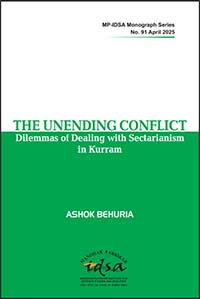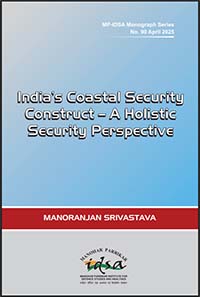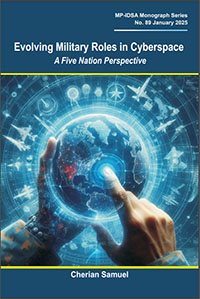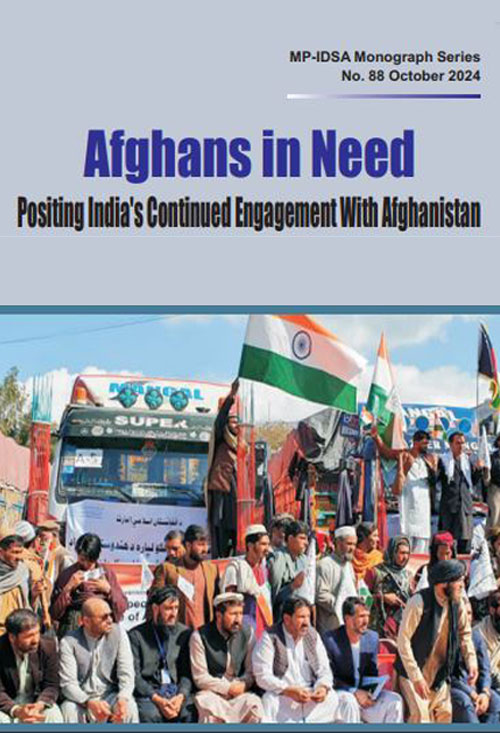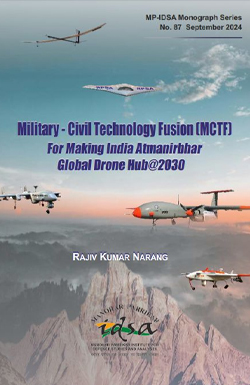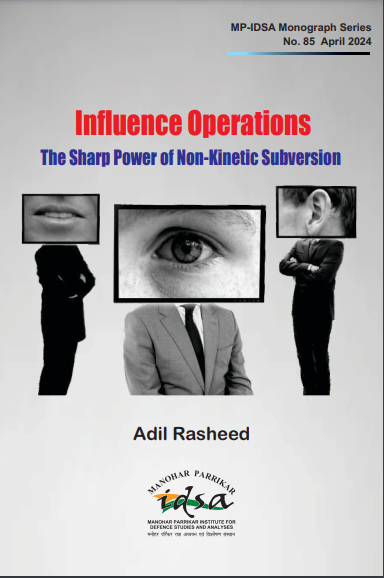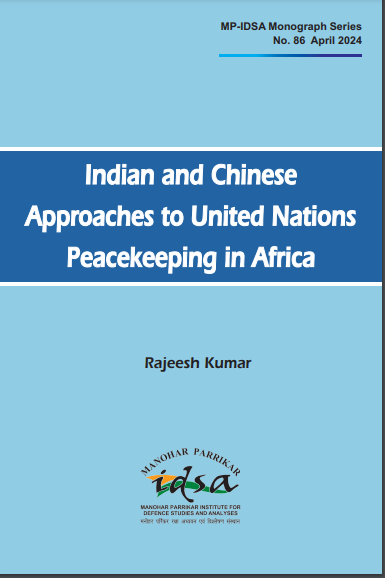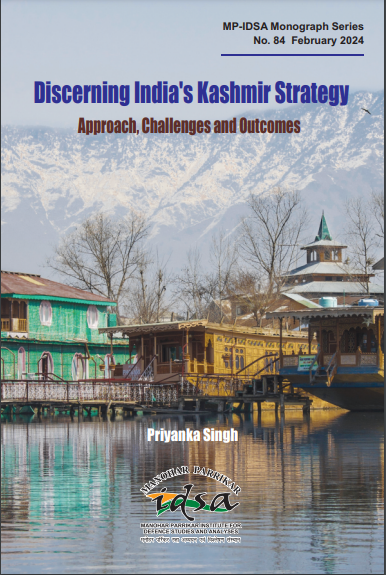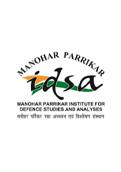The Unending Conflict: Dilemmas of Dealing with Sectarianism in Kurram
The monograph focusses on the unending sectarian conflict in the Kurram district in Pakistan. It traces the history of Kurram, the origin Tof the Turi Shias and chronicles major incidents of sectarian conflicts in the district. It argues that sectarian violence in Kurram, Pakistan, between Shias and Sunnis is deeply rooted in historical animosities, exacerbated by the state’s Sunni-Islamist orientation and external influences like the Afghan Jihad and Saudi-Iran rivalry.- Ashok K. Behuria |
- 2025 |
- Monograph

